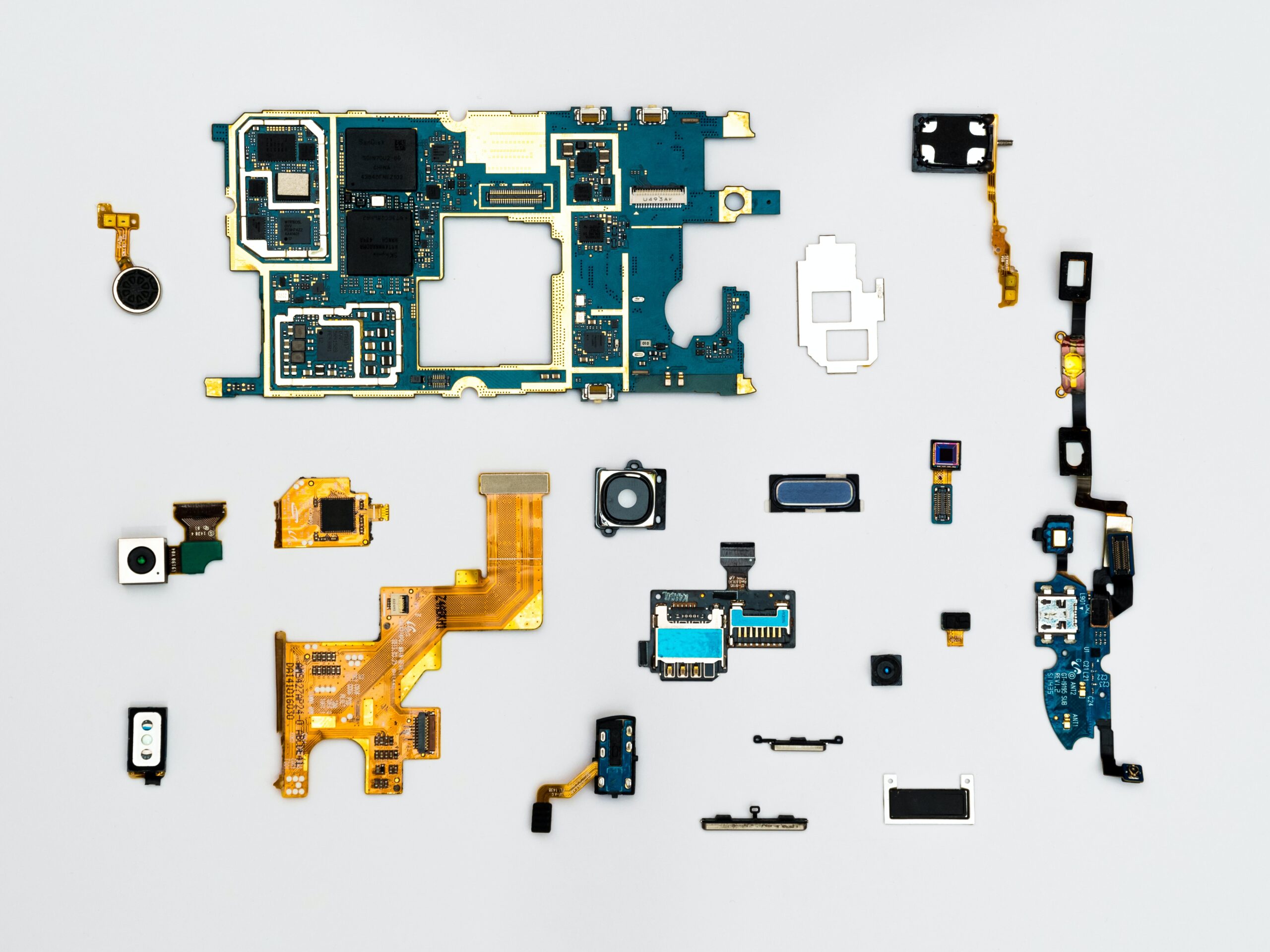5 Things You Need to Know About Interning at a B2B Tech Marketing Agency
A summer internship is an amazing opportunity to acquire real-world experience in your industries of interest. Admittedly, these positions can be very competitive. While pursuing a degree in Marketing at Fordham University Gabelli School of Business, I applied for 33 internships before receiving a job offer at NextTech Communications. Here are the top five things I wish I knew before starting my internship.
- What is NextTech Communications?
NextTech Communications is a full-service marketing communications agency based in New York, New Jersey, and Texas that specializes in working with clients in the technology industry. Their capabilities range from public relations and content development to social media strategy and crisis communications. NextTech is owned by The Bliss Group, so collaboration is common between the agencies, especially when there is a crossover to finance, healthcare, or professional services. Accounts in the healthtech, fintech, insurtech, and edtech space are often staffed by both NextTech and Bliss employees.
- How did you get the job?
During the spring semester of my sophomore year at Fordham University, I applied to almost three dozen internships using a student career platform called Handshake. I was excited when I received an email from HR asking for my availability for an interview. Throughout the interview process, I was able to meet people at different levels within the company. I interviewed with a member of the HR department, an Account Director, and a Senior Vice President to see how I worked and interacted with the team. HR asked me how each interview went, and I wrote a summary email following each conversation. After the third interview, I received an offer.
- What was the onboarding process like?
The onboarding process consisted of watching several presentations and participating in interactive lessons to understand how a marketing agency operates and get a sense of the kinds of projects I would be working on. I was able to meet senior executives and C-suite leaders during my first two weeks, which allowed me to learn about their areas of expertise and day-to-day responsibilities.
In addition, my supervisors were there to always help me whenever I did not understand something. NextTech has a strong mentor-supervisor program to ensure new employees and interns feel supported at every turn. I never felt completely lost and was able to transition into doing tasks on my own quite quickly.
- What is it like working in B2B Tech PR?
Technology is integral to every industry, so depending on which companies you work with and what interests you the most, your experience could be completely different from someone else’s. The clients I worked for included an education technology startup, a digital payments platform, and an influencer data analytics company. Working in the B2B tech space requires keeping a close eye on breaking news and industry developments so you’re equipped to advise clients on their most pressing concerns. It’s a fast-paced but fun environment that’s always on the cutting edge of communications.
- What are some of your daily tasks?
In B2B public relations, junior account executives pitch their clients as spokespeople for the stories journalists are writing. By positioning spokespeople as experts in their field through commentary collected from interviews or opinion pieces, a company can generate brand awareness and third-party validation.
Journalists receive hundreds if not thousands of emails every day, so PR professionals must capture their attention with a strong news hook, or the idea that connects breaking news with the insights a spokesperson can offer. Media monitoring is the background research that goes into creating relevant and attention-grabbing pitches. Tools like Muckrack, Factiva, and Google News are used to identify news stories related to a client’s industry and get a sense of what journalists are interested in writing about. I’m going to be honest. Before this internship, I would rarely, if ever, read the news. Now, I find myself reading up on cryptocurrency, stock trends, climate change, education, and politics to gain a better understanding of my client’s world.
Other tasks I have been assigned include auditing client and competitor media coverage, putting together media lists, researching C-suite executives, and identifying awards or conferences for clients to apply to. A media audit is a formatted list of which subjects are gaining media attention. It helps to know what is already being said about a client or their competitors to understand how they are perceived by the public. A media list is a spreadsheet containing the contact information of journalists who are covering a topic the client cares about. Before you can send out pitches, you need to find your target audience. A media list helps you organize what journalists are covering and how it relates to your client. C-suite, award, and conference research help inform networking, executive visibility, and thought leadership decisions. Conferences and awards are both ways for businesses to gain wider recognition and attract potential new customers.
The Bottom Line
The process of applying for internships is time-consuming and can feel disheartening when receiving so many “We regret to inform you” emails. However, if you keep striving toward something you really want, everything will eventually work out in the end. So please, keep applying, and when faced with rejection, remember to ask HR the steps you can take to become a stronger candidate next time. Even if you feel like you’re not the “perfect” fit for a position, you will have so much time to grow and adjust to your new role when you get there, so apply anyway. Keep taking chances because it’s that energy that’s going to make a hiring manager want to take a chance on you.
By Araly Langomas
Photo by Dan Cristian Pădureț on Pexels.
